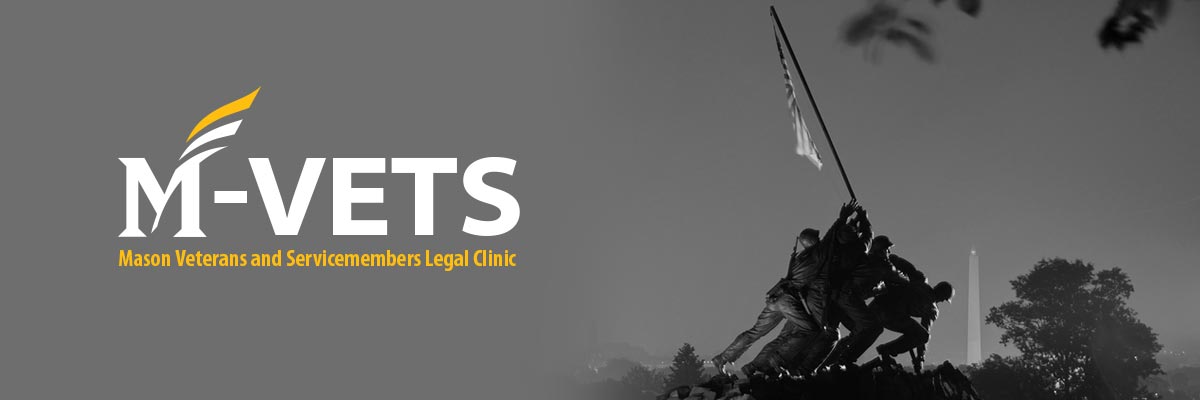Written by Fall 2023 M-VETS Student Advisor Annah Seaford.
What is Military Parole in Place?
Military Parole in Place, often called Military PIP, is a way for immigrant family members of a current or previous servicemember to gain access to stay and work in the United States.[1] Military PIP also prevents family separation and can lead to permanent residence.[2] This policy was introduced in 2007 and United States Citizenship and Immigration Services (“USCIS”) began implementing it in 2010.[3] Military PIP must be renewed each year, though there is no limit to how many times an individual can apply or renew their application.[4]
Eligibility
To be eligible for Military PIP, the qualifying servicemember must:
- Serve active duty in the armed forces;
- Be in the selected reserve or ready reserve;
- Have served either active duty or in the reserves and not been dishonorably discharged.[5]
An individual applying for Military PIP must also not have been admitted to the United States.[6] For instance, an individual arriving with a tourist visa would not be eligible for Military PIP because they lawfully entered with the tourist visa.[7] However, there may be other ways for this person to gain lawful status past the expiration of their lawful entry.[8]
What to Submit
Individuals applying for Military PIP must submit the following evidence:
- I-131 Form;
- Evidence that shows a family relationship;
- Examples include:
- Marriage certificate
- Birth certificate
- Divorce decree
- DD-214 to show that the individual was or is a servicemember;
- Two passport style pictures;
- And any other evidence that supports the PIP application.[9]
- Examples include:
The documents submitted to USCIS will depend on the relationship between the servicemember and the individual who is applying.[10]
The Benefits of Military PIP
For a servicemember’s family, getting Military PIP can be extremely helpful for their immigration status and immigration case. This benefit aids the servicemember and their family because it can help prevent family separation.[11]
For regular civilians and their family members entering unlawfully, and staying for more than 180 days but less than 365 days results in a three-year bar.[12] If the individual was to enter unlawfully and stay for a year or more, they are subject to the ten-year bar.[13] Military PIP allows servicemembers’ families to avoid accruing unlawful presence, which would be a ground of inadmissibility regarding future immigration benefits.[14] It also cures their unlawful entry by providing them with an I-94 number.[15] Thus, it is like the individual entered lawfully. Additionally, Military PIP individuals can file an I-765, which allows for employment authorization, and an I-485, which allows an individual to adjust their immigration status and apply for permanent residence.[16]
[1] What is Military Parole in Place (PIP)? Explaining the ‘parole’ program for certain family members of current and former U.S. armed forces personnel, Garfinkel Immigration Law Firm (May 8, 2023), https://www.garfinkelimmigration.com/2023/05/08/what-is-military-parole-in-place-pip-explaining-the-parole-program-for-certain-family-members-of-current-and-former-u-s-armed-forces-personnel/#:~:text=Military%20Parole%20in%20Place%20(PIP)%20is%20available%20for%20certain%20family,of%20other%20%E2%80%9Cparole%E2%80%9D%20programs.
[2] Parole in Place Explained, CitizenPath, https://citizenpath.com/parole-in-place/#:~:text=Protection%20from%20Deportation%20and%20Employment,record%20as%20evidence%20of%20parole.
[3] Garfinkel Immigration Law Firm, supra note 1.
[4] Id.; Discretionary Options for Military Members, Enlistees and their Families, USCIS (Nov. 15, 2023), https://www.uscis.gov/military/discretionary-options-for-military-members-enlistees-and-their-families.
[5] Discretionary Options for Military Members, Enlistees and their Families, USCIS (Nov. 15, 2023), https://www.uscis.gov/military/discretionary-options-for-military-members-enlistees-and-their-families.
[6] Id.
[7] Id.
[8] Id.
[9] Id.
[10] Id.
[11] CitizenPath, supra note 2.
[12] What is Military Parole in Place (PIP)? Explaining the ‘parole’ program for certain family members of current and former U.S. armed forces personnel, Garfinkel Immigration Law Firm (May 8, 2023), https://www.garfinkelimmigration.com/2023/05/08/what-is-military-parole-in-place-pip-explaining-the-parole-program-for-certain-family-members-of-current-and-former-u-s-armed-forces-personnel/#:~:text=Military%20Parole%20in%20Place%20(PIP)%20is%20available%20for%20certain%20family,of%20other%20%E2%80%9Cparole%E2%80%9D%20programs.
[13] Id.
[14] Id.
[15] Id.
[16] Id.
